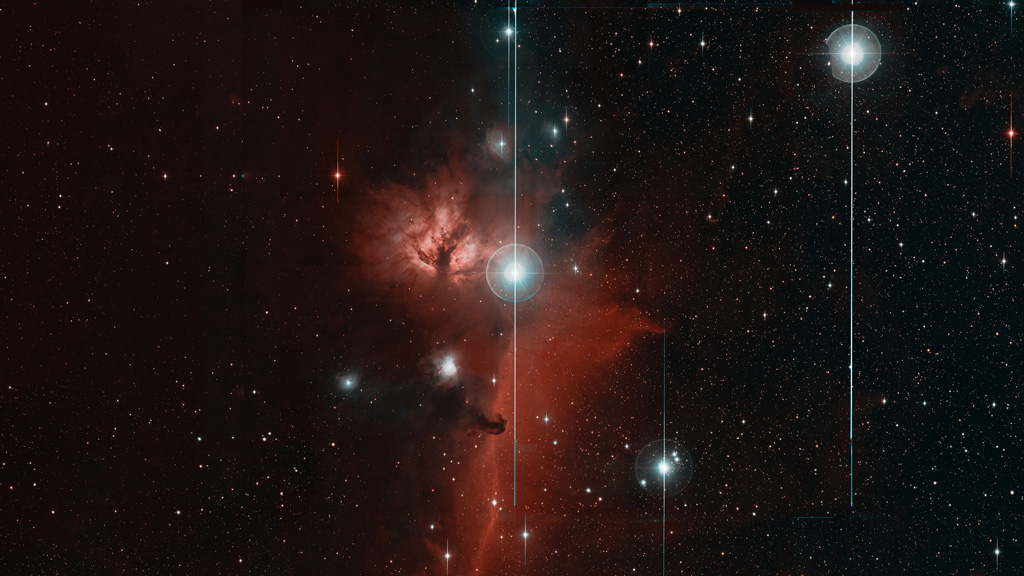One of the most influential astronomers in the 20th Century was Fritz Zwicky. He had his hand in the discovery of dark matter, gravitational lensing, supernovae and neutron stars. And he also worked on a few more controversial ideas like, uh, tired light. Let’s learn more about Zwicky.

